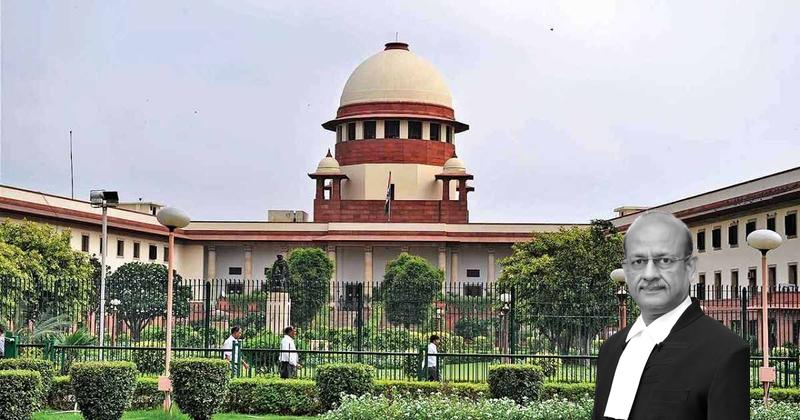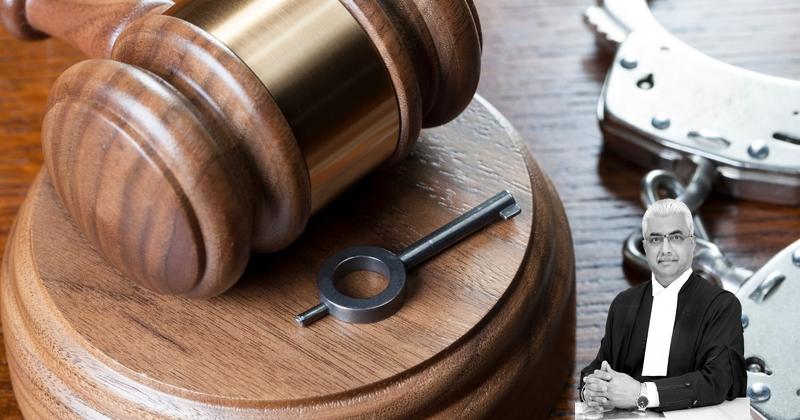The Trial Court had sentenced the appellant to undergo rigorous imprisonment for 10 years under Section 304B, 2 years under Section 498A and 2 years under Section 201 IPC. on 23.6.1995, one Jagir Singh of village Bhogpur Dam, where his daughter lived after marriage with the appellant came to complainant and told him that his daughter, Chhilo Kaur has been murdered by her in-laws. The Trial Court, after evaluating the evidence, convicted Charan Singh (appellant), Gurmeet Singh and Santo Kaur under Sections 304B, 498A and 201 IPC and sentenced them to undergo rigorous imprisonment for ten years u/s 304B IPC, rigorous imprisonment for two years u/s 498A IPC and rigorous imprisonment for two years u/s 201 IPC.
The pre- requisites for raising presumption under Section 304B IPC is that soon before the death, the deceased had been subjected to cruelty or harassment for or in connection with any demand of dowry. In fact, the maternal grandmother and two maternal uncles who were living at distance of about one farlang from the village of the deceased were even present at the time of her cremation.
It was further argued that one material witness, Jagir Singh, who was named by the complainant in the FIR, has not been produced by the prosecution in evidence.
Sufficient indulgence has already been shown by the High Court by reducing the sentence of the appellant from ten years to minimum seven years as provided under Section 304B of the IPC. FIR was registered on the complaint of the father of the deceased on 24.6.1995 against Charan Singh, the appellant herein, brother- in-law, Gurmeet Singh and mother-in-law Santo Kaur.
Husband or relative of husband of a woman subjecting her to cruelty — Whoever, being the husband or the relative of the husband of a woman, subjects such woman to cruelty shall be punished with imprisonment for a term which may extend to three years and shall also be liable to fine. — When the question is whether a person has committed the dowry death of a woman and it is shown that soon before her death such woman had been subjected by such person to cruelty or harassment for, or in connection with, any demand for dowry, the Court shall presume that such person had caused the dowry death. Whereas in the offence of dowry death defined by Section 304-B of the Code, the ingredients thereof are: (i) death of the woman concerned is by any burns or bodily injury or by any cause other than in normal circumstances, and (ii) is within seven years of her marriage, and (iii) that soon before her death, she was subjected to cruelty or harassment by her husband or any relative of the husband for, or in connection with, any demand for dowry.
Patently thus, cruelty or harassment of the lady by her husband or his relative for or in connection with any demand for any property or valuable security as a demand for dowry or in connection therewith is the common constituent of both the offences. The presumption as to dowry death thus would get activated only upon the proof of the fact that the deceased lady had been subjected to cruelty or harassment for or in connection with any demand for dowry by the accused and that too in the reasonable contiguity of death.
The legislative primature of relieving the prosecution of the rigour of the proof of the often practically inaccessible recesses of life within the guarded confines of a matrimonial home and of replenishing the consequential void, by according a presumption against the person charged, cannot be overeased to gloss over and condone its failure to prove credibly, the basic facts enumerated in the sections involved, lest justice is the casualty”.
This Court while often dwelling on the scope and purport of Section 304-B of the Code and Section 113-B of the Act have propounded that the presumption is contingent on the fact that the prosecution first spell out the ingredients of the offence of Section 304-B as in Shindo v. Yadla Srinivasa Rao, (2003) 1 SCC 217 : 2003 SCC (Cri) 271] to the effect that to attract the provision of Section 304-B of the Code, one of the main ingredients of the offence which is required to be established is that “soon before her death” she was subjected to cruelty and harassment “in connection with the demand for dowry” 14. In his evidence, Pratap Singh (PW-1), father of the deceased stated that two months after the marriage his daughter came to the parental home stating that the appellant was demanding motorcycle, however, she was sent back.
Beero Bai (PW-3), the maternal grandmother of the deceased, stated that her house is located at a distance of about one mile from the house of the appellant. After the death of her husband in February 1995, the appellant asked the deceased to get land from her maternal grandmother. There are no details of any cruelty or harassment, though this witness was living about a kilometre from the house of the deceased and is her maternal grandmother. In the aforesaid evidence led by the prosecution, none of the witnesses stated about the cruelty or harassment to the deceased by the appellant or any of his family members on account of demand of dowry soon before the death or otherwise. Mere death of the deceased being unnatural in the matrimonial home within seven years of marriage will not be sufficient to convict the accused under Section 304B and 498A IPC. _____________, J.
Case Title: CHARAN SINGH @ CHARANJIT SINGH Vs. THE STATE OF UTTARAKHAND HOME DEPARTMENT (2023 INSC 404)
Case Number: Crl.A. No.-000447-000447 / 2012



